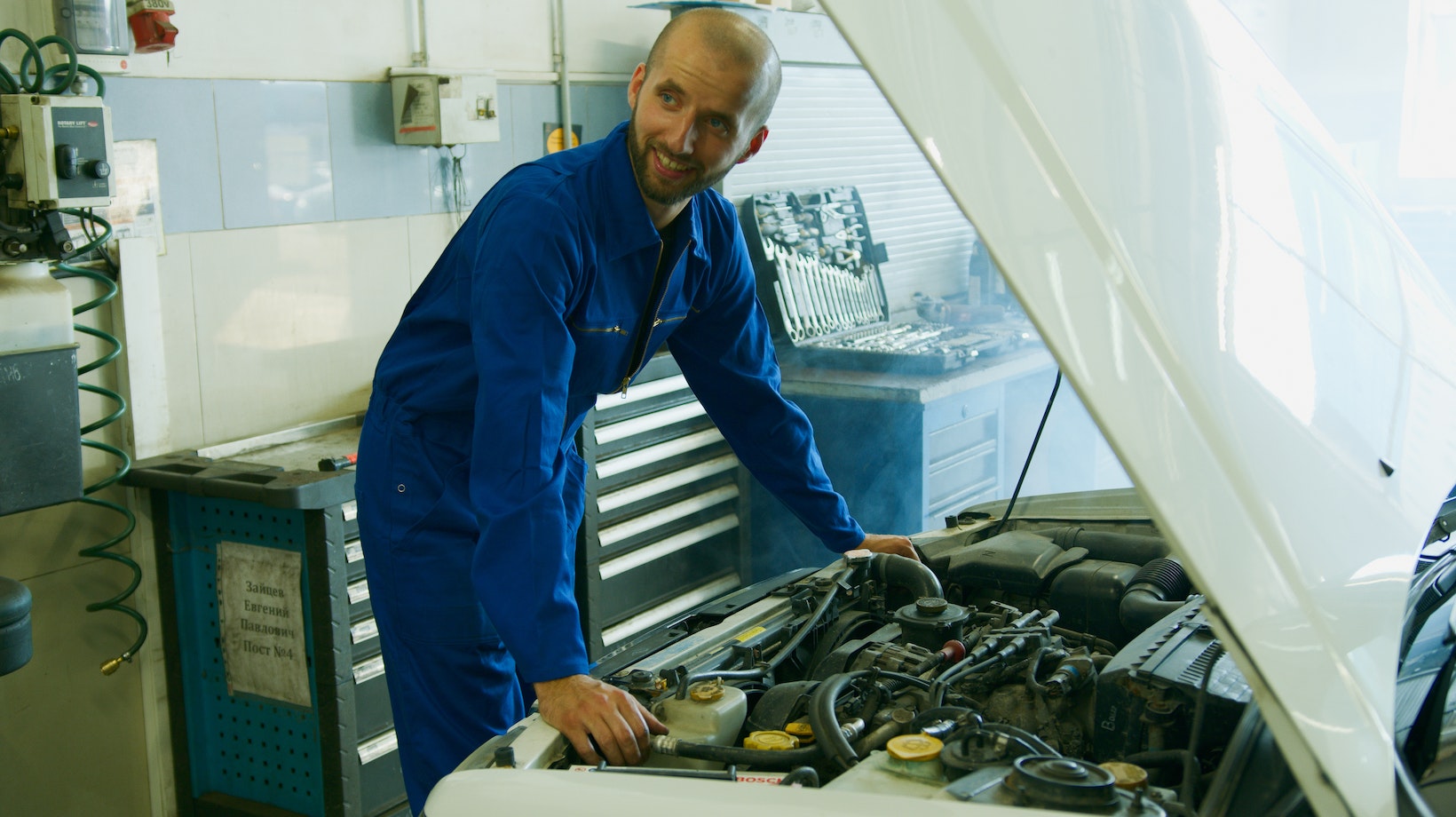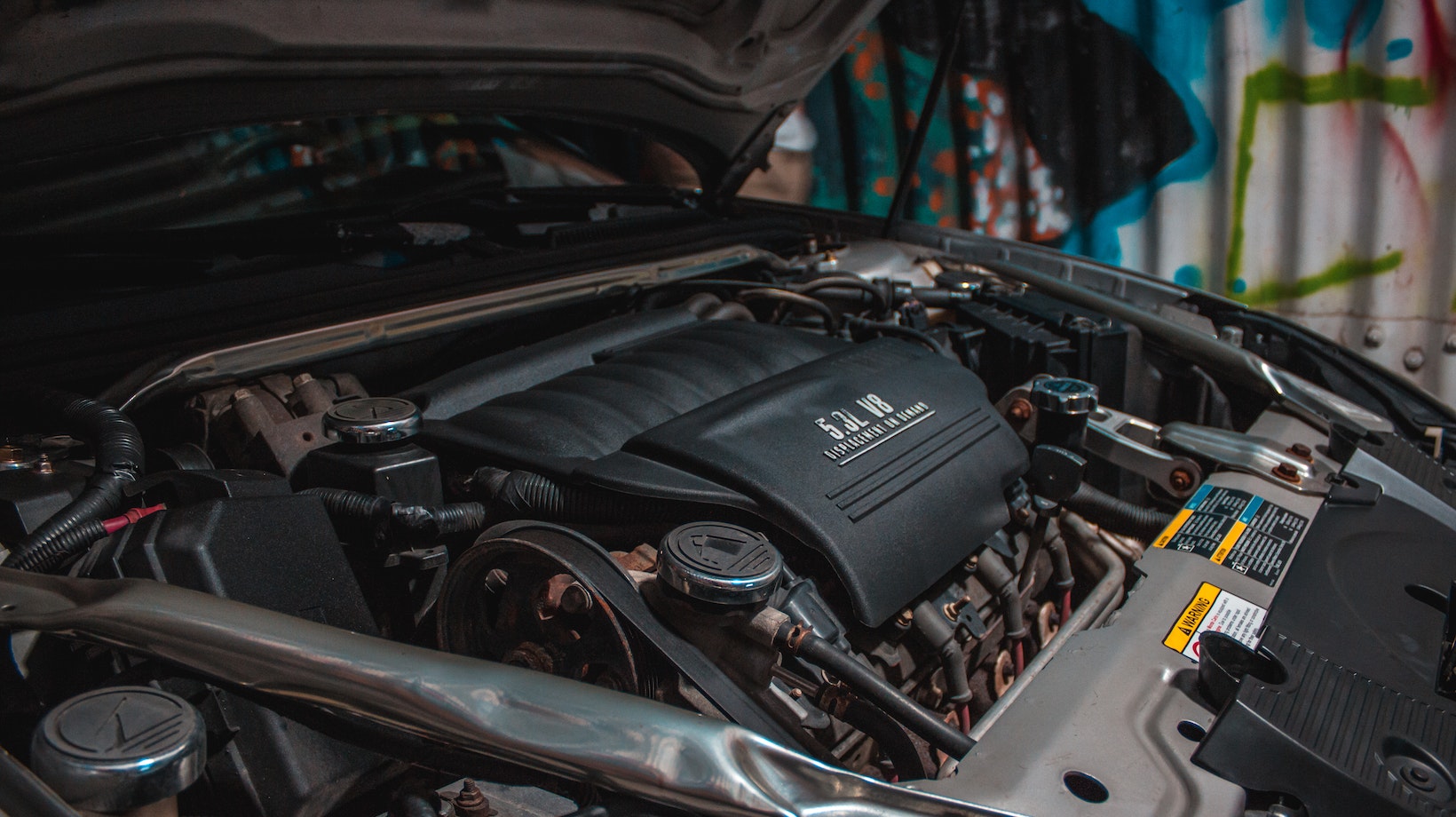
When it comes to Honda car repair, it’s essential to find a reliable and knowledgeable mechanic who understands the intricacies of these vehicles. Whether you own a Honda Accord, Civic, or CR-V, regular maintenance and occasional repairs are inevitable. From routine oil changes and tire rotations to more complex transmission or engine issues, having a trusted professional handle your Honda car repair is crucial for keeping your vehicle running smoothly.
One of the advantages of owning a Honda is the extensive network of authorized service centers available across the country. These specialized workshops have technicians trained specifically in Honda models, ensuring that they possess the expertise needed to diagnose and fix any problems accurately. They also have access to genuine Honda parts, guaranteeing that your vehicle receives top-quality replacements if necessary.
Honda Car Repair
One of the common issues faced by Honda car owners is engine overheating. This can be caused by a variety of factors, such as a malfunctioning thermostat, a faulty radiator, or a coolant leak. When the engine overheats, it can lead to serious damage and potentially leave you stranded on the side of the road.
To prevent engine overheating, regular maintenance is key. Make sure to check your coolant levels regularly and keep an eye out for any leaks or signs of coolant depletion. Additionally, keeping your radiator clean from dirt and debris can help improve its cooling efficiency.
If you notice that your Honda’s temperature gauge is rising rapidly or if you see steam coming from under the hood, it’s important to address the issue promptly. Continuing to drive with an overheated engine can cause severe damage and result in expensive repairs.
Transmission Problems
Honda cars are known for their reliable transmissions; however, like any mechanical component, they can experience issues over time. Some common transmission problems that Honda owners may encounter include slipping gears, rough shifting, or complete transmission failure.
Regular transmission fluid changes are crucial to maintaining optimal performance and extending the lifespan of your transmission. If you start noticing any unusual noises or vibrations during gear shifts or experience difficulty in shifting gears smoothly, it’s recommended to have your transmission inspected by a qualified mechanic.

Signs Your Honda Car Needs Repair
When it comes to keeping your Honda car in top shape, it’s important to pay attention to any signs that may indicate the need for repairs. As a knowledgeable expert in Honda car repair, I want to share with you some common signs that should not be ignored. Here are a few indicators that your Honda car may need professional attention:
- Strange Noises: If you notice unusual noises coming from your Honda car, such as grinding, squealing, or knocking sounds, it could be a sign of underlying issues. These noises can indicate problems with the engine, brakes, suspension, or other vital components. It’s crucial not to ignore these sounds and have them checked by a qualified technician.
- Warning Lights: Modern Honda cars are equipped with advanced onboard diagnostic systems that monitor various aspects of the vehicle’s performance. If you see any warning lights illuminated on your dashboard, like the check engine light or ABS light, it’s essential to address them promptly. These lights often indicate potential problems that require immediate attention.
- Fluid Leaks: Keep an eye out for any fluid leaks underneath your Honda car. Whether it’s oil, coolant, transmission fluid, or brake fluid leaking onto the ground or accumulating under the vehicle, it can signify a leaky seal or a malfunctioning component. Ignoring fluid leaks can lead to more significant issues down the road.
- Decreased Performance: Have you noticed a decrease in acceleration power or overall performance? This could be due to several factors like clogged fuel injectors, worn-out spark plugs, or a faulty oxygen sensor. If your Honda is not performing as it used to, seeking professional assistance can help identify and resolve the problem.
- Vibrations and Handling Issues: Excessive vibrations while driving or difficulty maintaining control over your vehicle can point towards problems with tires, wheel alignment issues, suspension components wearing out, or even brake problems. Ensuring the safety and smooth operation of your Honda car requires timely inspection and repair when these symptoms arise.
Remember, addressing potential issues early is crucial to prevent further damage and costly repairs in the long run. If you notice any of these signs or have concerns about your Honda car’s performance, it’s best to consult with a certified technician who specializes in Honda car repair. They have the expertise and tools needed to diagnose and fix any problems efficiently.






































